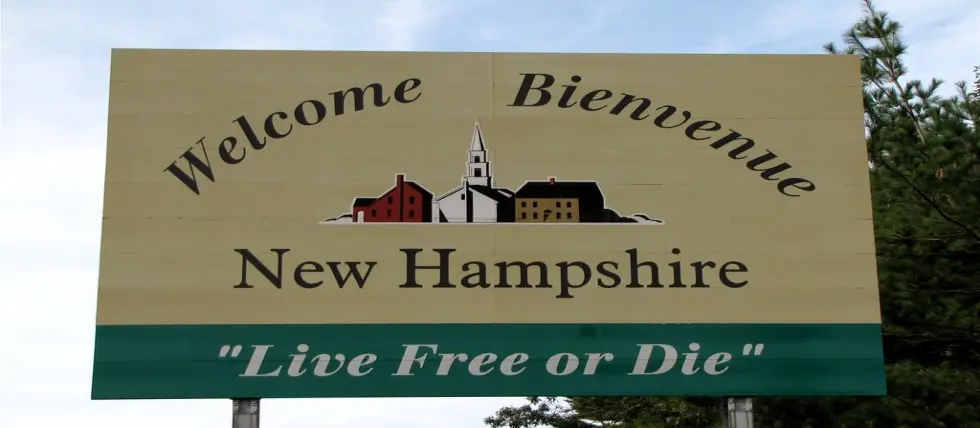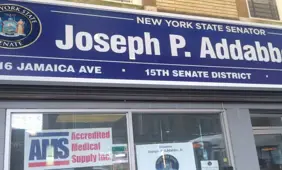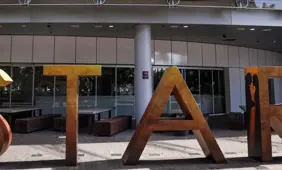New Hampshire Casino Bill Starts Trek Through the Senate
A proposed bill advancing through the New Hampshire Legislature aims to give local communities the authority to decide whether to permit casino establishments within their jurisdictions. House Bill 737 (HB 737) is sponsored by a bipartisan group of eight lawmakers and was introduced in January. It successfully passed through the New Hampshire House of Representatives in late March and is now under review in the Senate.

The Senate Ways and Means Committee held its initial hearing on the bill on Wednesday. During this session, the committee received testimony exclusively in support of the proposal, with no individuals or groups expressing opposition. The legislation is positioned not as an expansion of gambling but as a measure to provide local municipalities with control over decisions regarding casino development in their area.
Related: New Hampshire Considers Adding Slots to Charitable CasinosRep. Jerry Stringham, one of the primary sponsors of HB737, characterized the legislation as a local option initiative. The central intent of the bill is to allow towns and cities to make their own determinations about whether to welcome casino operations.
This approach is designed to empower residents and local officials to assess the potential impact of such facilities and make decisions that reflect their community values and preferences.
Currently, New Hampshire law does not permit commercial casinos. However, the state allows charitable gaming, which has led to the establishment of 14 facilities that function similarly to casinos.
These venues use historical horse racing (HHR) machines, which replicate the experience of slot machines but determine outcomes based on previously recorded horse races. Additionally, five more entities are in the process of applying for charitable gaming licenses under the same framework.
More Regulation News
VLT Bill Still on the Table
Separately, the New Hampshire Senate recently approved legislation that would legalize video lottery terminals (VLTs), and that bill is now pending review in the House. If that measure is also passed, charitable gaming facilities could potentially incorporate VLTs into their operations, further expanding the types of gambling available in the state.
HB737 defines eligible gambling activities broadly through its use of the term "games of chance," which could encompass a wide range of casino-style offerings. This broad language is intended to ensure that communities have a comprehensive say over various forms of gaming, not just narrowly defined casino games.
The issue of local input in casino development has been a point of contention in New Hampshire. In January 2024, residents of Littleton, a small town in the state's northwest region, attempted to introduce an ordinance aimed at halting discussion of a proposed casino project.
Despite the effort, the ordinance failed, underscoring the absence of formal mechanisms for municipal veto power over such developments. HB737 seeks to address this gap by institutionalizing the local decision-making process through a formal vote.
The bill has received input from and is supported by the state's casino industry lobby, which assisted lawmakers in refining the legislation. Supporters argue that casinos can bring significant changes and potential risks to a community, making it reasonable and necessary for local populations to have a decisive role in approving or rejecting them.
If enacted, HB 737 would take effect on July 1. While a current moratorium on new HHR licenses remains in place until 2031, supporters believe that this timeline offers towns adequate opportunity to deliberate and vote on whether they would permit a casino to operate within their borders before any new licenses are distributed.
RELATED TOPICS: Regulation
Most Read
Must Read
 Interviews
Interviews
Sweepstakes Casinos: Thriving in an Ever-Changing Industry – Interview with Attorney Stephen C. Piepgrass
Feb 17, 2025 Interviews
Interviews







Review this New Post
Leave a Comment
User Comments
Comments for New Hampshire Casino Bill Starts Trek Through the Senate